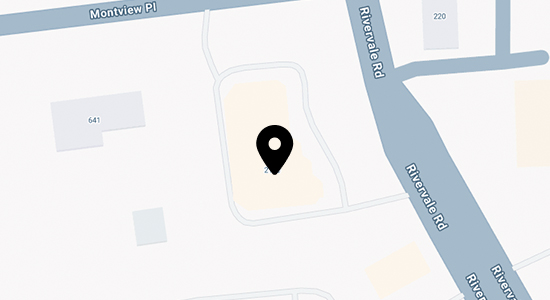- Contact Us Now: (201) 494-2800 Tap Here To Call Us
5 Tips to Help You Through a Divorce Deposition

A deposition is witness’s sworn out-of-court testimony. It used to gather information as part of the discovery process and may be used at trial in some circumstances. A deponent will be placed under oath by a court reporter and should have his/her attorney present throughout the entire procedure.
The purpose of taking a deposition is to learn things about the person being deposed and the facts of his/her case. Such information may not have been able to be garnered from answers to interrogatories or responses to document demands.
Everything said at a deposition will be transcribed by the court reporter and may be filed with the court in a divorce action. If appropriate, opposing counsel will be able to confront a deponent with prior deposition testimony at any subsequent hearing or trial. If you are being deposed, here are 5 tips to help you through the process:
- Know your case: Prepare as though you are going on a job interview. If custody is at issue, expect a series of questions about your children. Not knowing their birthdays or what grade they are in is a terrible way to begin a deposition in a case where you are arguing for increased parenting time.
- Listen to the question and make sure you understand it before answering: You do not have to answer quickly. Take your time. Listen to the entire question. Then answer. If you do not understand the question or if the question is unclear, tell the attorney asking it.
- Be honest: Credibility is key. If it is discovered that you lied at a deposition, it could sink your entire case. If there is information that is adverse to you, tell your attorney about it ahead of time and he or she will assist you in bringing out the true explanation for whatever adverse facts there are and explaining the circumstances in a light most favorable to your case.
- Practice: Your attorney should be able to predict what kinds of questions opposing counsel will ask. Rehearse answering questions and you will be less nervous at the actual deposition.
- Stay calm: Easier said than done, but it is imperative to keeping a clear head and answering questions to the best of your ability. Your lawyer will be there to protect you from abuse by the attorney asking you the questions.
Following these rules can alleviate much anxiety and concern while going through a divorce deposition. As always, you should speak to a qualified attorney to assist you through the process.
Call (201) 494-2800 to schedule a Free Consultation at the Law Office of Joseph A. DiPiazza, LLC.


